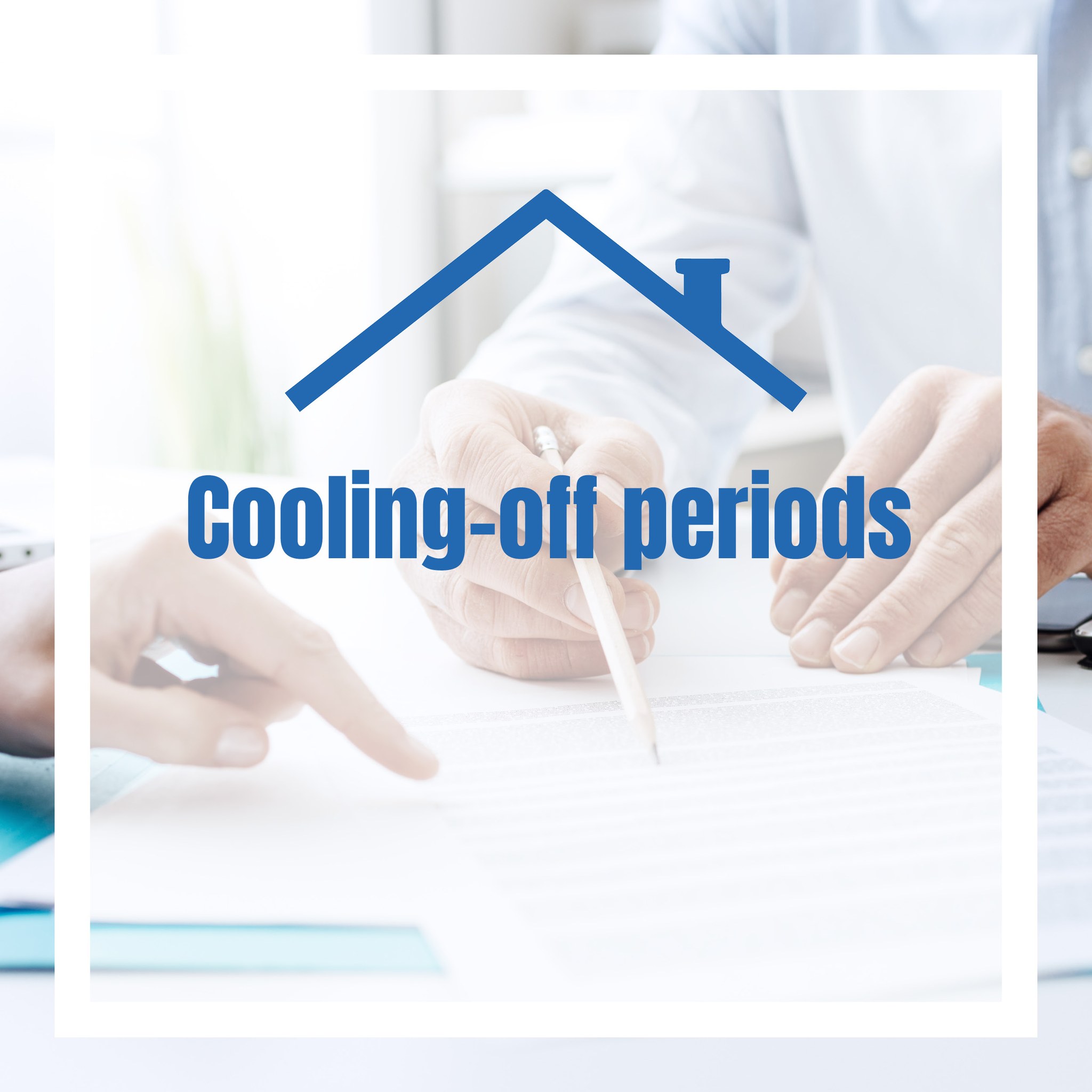
Cooling-Off Rights in Victoria: A Guide for Property Buyers
In Victoria, property buyers have a valuable consumer protection called the “cooling-off” period. This period allows buyers to change their minds within a specific timeframe after signing a property purchase contract, even if the vendor hasn’t signed to accept the offer. This guide outlines the conditions, recent legislative changes, and other nuances of cooling-off rights to help buyers understand their options and responsibilities.
What is the Cooling-Off Right?
The cooling-off right, established by Section 31 of the Sale of Land Act 1962, lets buyers withdraw from a residential property purchase contract within three clear business days after signing. However, certain restrictions apply, including:
- Applies to Residential Property Only: Cooling-off rights cover residential properties; commercial properties are excluded.
- Exclusions for Auction Sales: Purchases made at an auction or within three business days before or after an auction do not qualify for cooling-off rights.
- Corporate Buyers: Corporate or company purchasers of residential property still retain cooling-off rights, while vendors do not have any cooling-off rights.
- Not Previously Exercised on Same Property: Buyers cannot exercise the cooling-off right if they have previously entered a contract to purchase the same property.
The three-day cooling-off period excludes weekends, public holidays, and the day the buyer signed. For example, signing on a Monday morning means the buyer has until 5 p.m. on Thursday to cool off.
Recent Legislative Changes to Cooling-Off Laws
1. Amendments in 2017
In 2017, legislative updates allowed buyers to exercise cooling-off rights by serving notices at the address of a real estate agent appointed by the vendor. This change followed a Supreme Court decision in 2016 that initially restricted cooling-off notices from being delivered through agents. The 2017 amendment, now reflected in Section 31, clarifies that buyers can effectively cool off by notifying the agent.
2. 2012 Changes
Before 2012, buyers who obtained independent legal advice before signing a contract were ineligible for cooling-off rights. However, this was amended to allow buyers to cool off even if they had previously consulted a lawyer, provided they act within the three-day period.
Cooling-Off Penalties
Ending a contract during the cooling-off period carries a financial penalty. If a deposit has been paid, it will be refunded minus either $100 or 0.2% of the purchase price, whichever is higher. This penalty reflects the high property prices in Australia and protects the vendor’s interests in a terminated contract.
How to Exercise the Right to Cool Off
To cool off, the buyer must submit a signed written notice to the vendor’s conveyancer or lawyer, or leave it at the address listed on the contract. To avoid any issues with notification methods, personal delivery is recommended, as there is little legal guidance on the acceptability of email or fax. The accepted deadline for cooling-off notices is generally 5 p.m. on the third business day, though some practitioners argue that midnight may also apply.
Complex Cooling-Off Scenarios
In some cases, uncertainty may arise regarding the cooling-off period’s applicability. For example, if:
- The cooling-off period has lapsed,
- The vendor hasn’t accepted the buyer’s initial offer, and
- The vendor counters with an offer the buyer accepts,
the buyer’s right to cool off may depend on re-signing the contract, effectively restarting the cooling-off period. If no contract exists from the buyer’s initial offer, the cooling-off period only starts after the buyer accepts a counter-offer from the vendor.
To mitigate complications, buyers are encouraged to specify a shorter offer expiry (such as two or even one day) within their written offer. This safeguard ensures buyers can cool off without undue delay and reduces the risk of the vendor holding the offer open too long.
Exceptions and Other Laws Impacting Cooling-Off Rights
While cooling-off rights provide a safeguard for buyers, they don’t apply in every situation. Courts may, under specific circumstances, void or deem contracts unenforceable if, for example, a vendor misleads a buyer into believing they have cooling-off rights when they do not. Other grounds, such as defects in the vendor’s statement or Section 32, could also allow buyers to rescind a contract.
Cooling-off rights, misrepresentation claims, and contract voidance are intricate legal areas. Buyers are advised to consult a property lawyer if they suspect a misrepresentation or face a potential dispute over cooling-off rights.
The cooling-off period is an essential tool for buyers to reconsider property purchases, offering flexibility in a sometimes fast-paced decision-making process. For further guidance on cooling-off rights or to clarify your conveyancing needs, contact our team.


